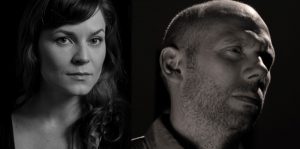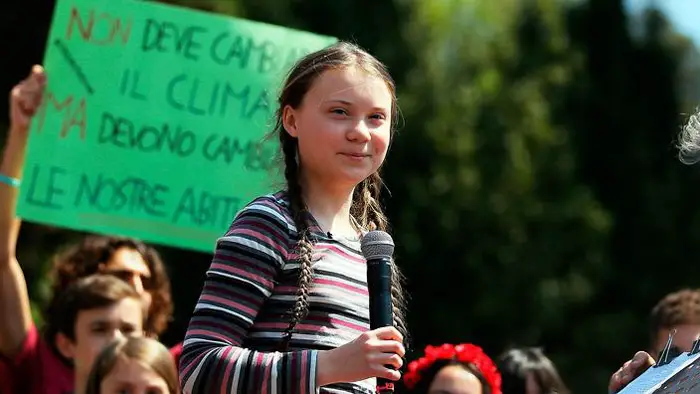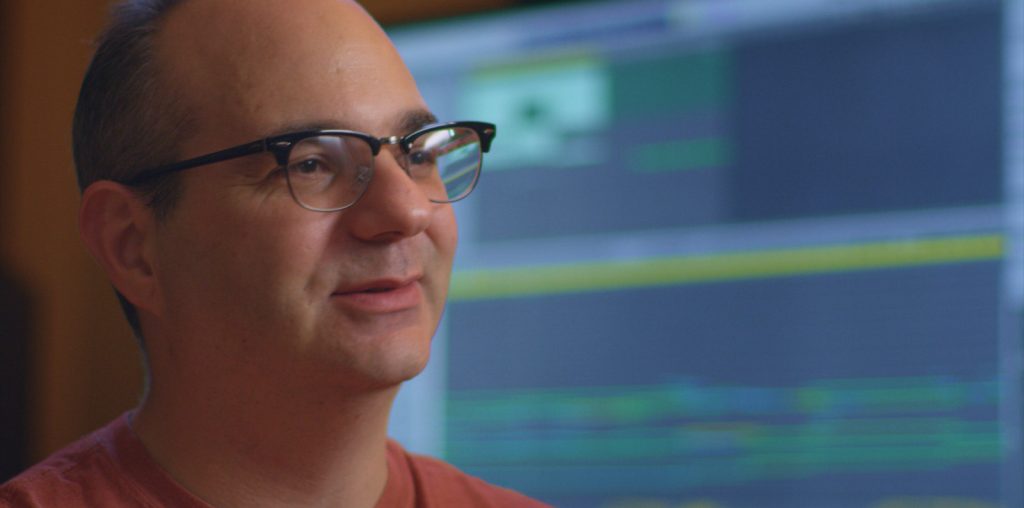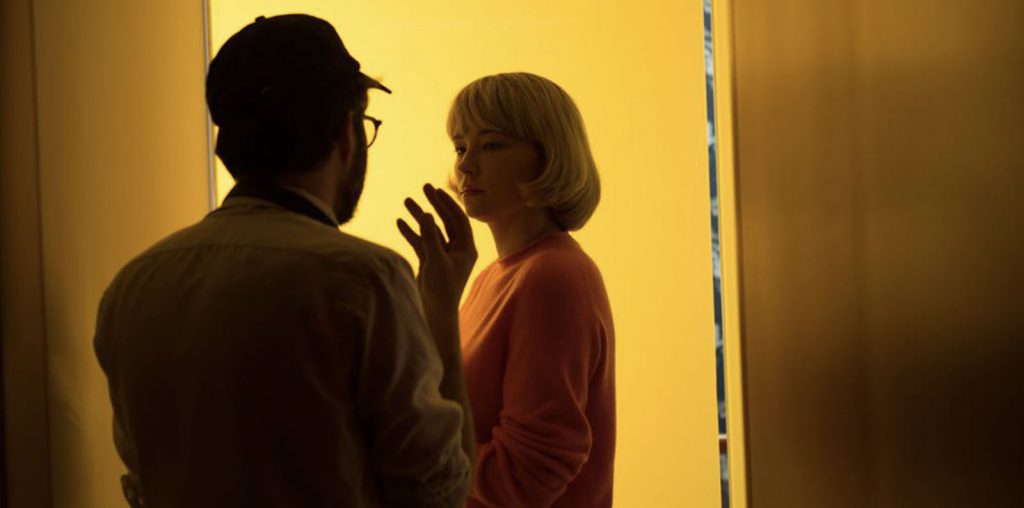
One of the most influential activists in the world today is 17-year-old Greta Thunberg. Her dramatic and emotional speech at the 2019 UN Climate Action summit and her impassioned indictment, “How dare you? You have stolen my dreams and my childhood,” are forever etched in our brains. The internet blew up overnight, and pundits and trolls had a field day lifting up and tearing down this young teen. Greta’s life and activism are covered in the Hulu documentary, I Am Greta.
But how do you create a soundtrack…a theme, if you will…of this important young figure in the environmental battle? Worse, how do you do it in two months? I spoke with the composers of I Am Greta, Rebekka Karijord and Jon Ekstrand, about the intense process of scoring a film, keeping the studio suits happy, and paying proper respect to an iconic figure.
When I think about music in film, the first thing that comes to mind is John Williams. He created themes for characters, and melodies. But in I Am Greta, you took a very different approach to create tone in film and how it plays on the screen.
Rebekka Karijord: I think we were cautious when we went into the project about the themes and the melodies because it’s a documentary about a young, very much alive person. It’s also a very political and, weirdly enough, controversial topic considering all the science. We were like, “Okay, we should work more with energy and sound than leading themes and melodies” because that could be a little bit too forceful.
There are melodies, and there are themes. There’s one Greta theme, but it’s very subtle. It’s usually in the background baked into more energetic repetitions. That’s something they wanted to do because it suits her personality. She’s very like a one-track mind person, very clear in her target. She’s very much forward with extraordinary clarity and stubbornness and no bullshit. And we wanted the music to have some of that energy.

“…found a way to deal with her vulnerability and reflect her anxiety through her protesting.”
Is that how you usually approach a project, or was this something special or something unique?
Jon Ekstrand: I think this is a special project. I believe every project is special in its own certain way. It’s very delicate how you deal with such a strong character as Greta and still not taking over, and it’s giving her character her space. She couldn’t be overpainted with music, either. It’s about finding the right balance.
I find her to be a unique person. I want to be careful about how to phrase it because I find her to be this very young person carrying the weight of very adult problems on her shoulders. What was your impression of Greta, and how did that influence the music?
Karijord: I think Greta is fantastic and what she’s doing is unique and the whole movement that she started. You want to be respectful of that. We found a way to deal with her vulnerability and reflect her anxiety through her protesting. She found community through that, and it was incredibly healing.
Let’s talk about the craft of music. I’m just curious. Now you have this picture of her in your mind, how does that translate into music’s creative process?
Karijord: With this film, it felt like this is one of the few rare opportunities for music to help lift this cause and this topic. Because if people feel more when they see this image, it will trigger something emotionally. So that’s a huge responsibility and also an enormous gift.


